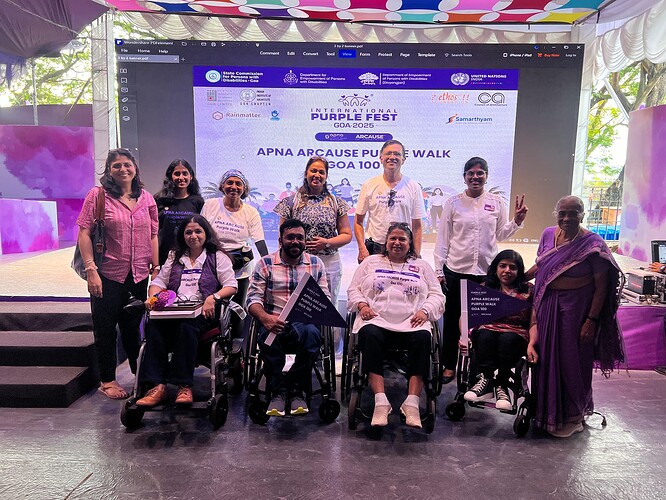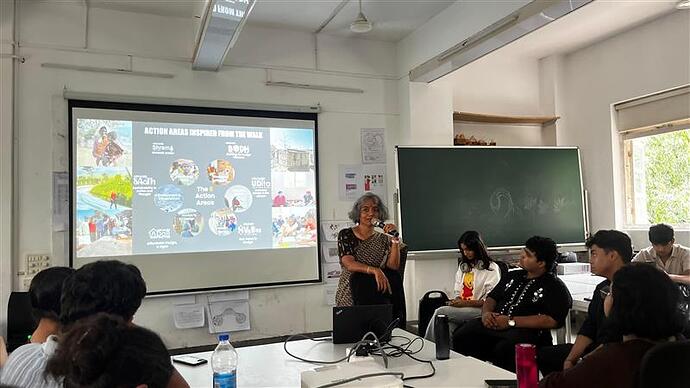Ethos Foundation, under its Arcause initiatives, continues to empower young designers by providing exposure to sustainable, hands-on learning opportunities. As a part of this commitment, the Foundation sponsored three students to attend the Maativan Workshop, an immersive program focused on natural building, rammed earth, and traditional materiality.
The workshop offered participants critical insights into sustainable construction, bridging theoretical knowledge with real-world application. The experience strengthened their understanding of ecological design, material honesty, and low-energy building practices.
This initiative was facilitated under ‘Shrama’, and supports their broader commitment to shaping Future Professionals in responsible design.
Below are the reflections shared by the three sponsored students, along with a note from the facilitator:
Reflection by Ar. Prashant Dupare – Blurring Boundaries
“The Maativan Workshop was a profound experience in reconnecting with earth, material, and community. Guiding young designers through hands-on processes of natural building allowed us to blur the boundaries between theory and practice. The participants engaged deeply with material behavior, sustainability principles, and the ethics of mindful construction. Ethos Foundation’s support ensured that these emerging designers could immerse themselves fully in an experience that shapes not only skill but also values. Workshops like these are essential for cultivating conscious future professionals who design with empathy, responsibility, and material awareness.”
Student Testimonials
1. Prisha Jain – Interior Design Student
“As an Interior Design student, I am incredibly grateful to Ethos Arcause for sponsoring my attendance at the Maativan workshop. It offered valuable, hands-on experience with rammed earth and natural plastering, grounding me in sustainable materiality.
The insights gained on thermal mass and Passive Design are directly applicable to my future work, allowing me to design healthier, low-energy interior environments and select materials that genuinely respect the planet.
Thank you for this excellent professional development.”
2. Vipul Gharat – Interior Design Student
“The workshop was truly inspiring for me as an interior design student.
We gained hands-on knowledge about sustainable building methods using mud and lime. Learning these traditional yet impactful techniques has strengthened our design approach.
This experience will guide us in creating meaningful and sustainable projects in the future.”
3. Dhruv Gupta – Architecture Student
“As an architecture student deeply interested in sustainable and alternative building techniques, this workshop was exactly what I needed.
It grounded theory into hands-on experience and gave me an honest sense of what natural construction feels like in the real world. From understanding soil mixes to shaping walls with my own hands, each day built clarity and confidence.
The guidance was warm, patient, and rooted in experience, which made the learning feel both accessible and inspiring.
I’m leaving with a stronger mindset, a sharper eye for material honesty, and a deeper respect for the craft of building with earth.”
Through this initiative, Ethos Foundation enabled three emerging designers to gain meaningful exposure to sustainable building practices. The workshop strengthened their design foundation, broadened their understanding of natural materials, and reinforced the importance of ecological responsibility in design.










































